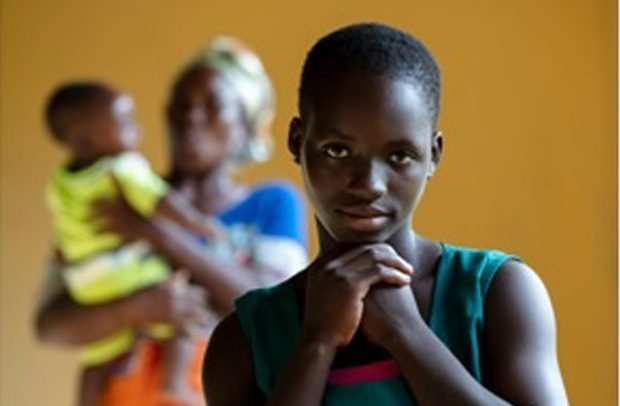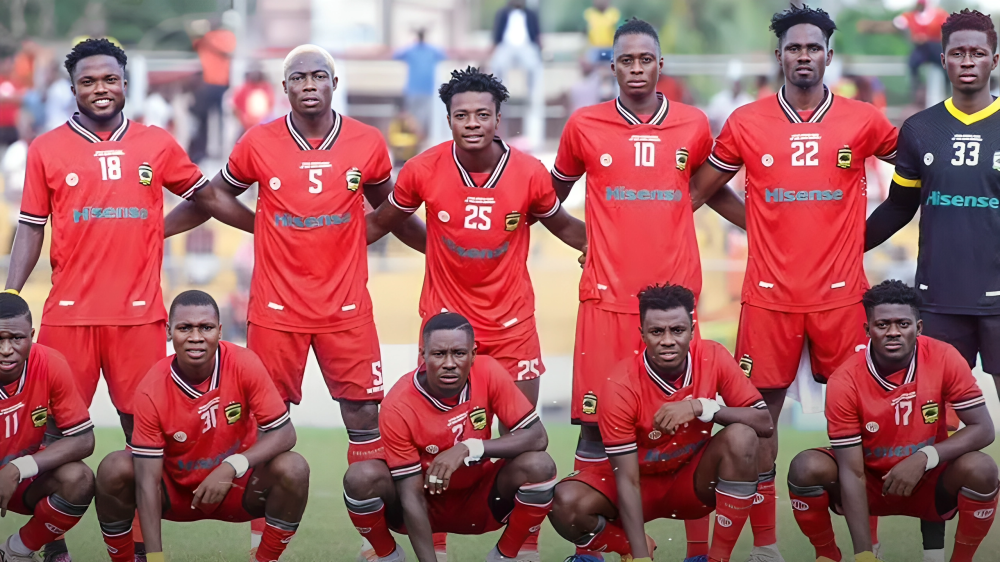
Adolescent girls are at heightened risk of physical, psychological and sexual violence, with 22 percent having suffered sexual abuse in the past 12 months, a statistical report by UNICEF Ghana, has said.
The report entitled, ‘Protecting and Empowering Adolescent Girls in Ghana’ revealed that almost all adolescent girls are exposed to psychological aggression and nearly one in five experience severe physical punishment.
It also showed that one in 10 adolescent girls had sex before the age of 15, compared to one in 14 adolescent boys, yet only a minority of the girls have their contraceptive needs met.
“Early pregnancies increase the risk of maternal mortality, a leading cause of death among adolescent girls. One in six pregnant adolescent girls registered for antenatal care with Ghana Health Service in 2020 was from Ashanti region,” it stated.
UNICEF Representative in Ghana, Anne-Claire Dufay, commenting on the report said, adolescent girls have the potential to be the engine of their society, but only if they are given the opportunity.
“Investing in adolescent girls will have a ripple effect. They form an integral part of society and hold the potential to contribute to their present and future families and communities. It is imperative to prioritize their education, protection, health and well-being to not only fulfil their fundamental rights but also contribute to the peace, security and sustainable development of the entire country,” she said.
The report outlines how early pregnancy, violence, and excessive household chores thwart the opportunities of many girls aged between 10 and 19 years, particularly the most vulnerable and marginalized.
This trend has worsened as a result of the Covid-19 pandemic and its containment measures.
It therefore noted that sustaining investment in the rights and well-being of the three million adolescent girls in Ghana, as this would significantly contribute to the country’s overall progress toward the 2030 Agenda for Sustainable Development.
It called for an increase in the scale and reach of programmes and opportunities that would increase girls’ access to skills and information in the spheres of financial literacy and employability soft skills.
“It would also enable marginalized girls to make free, informed, and positive decisions and life choices. Girls should also be encouraged to stay in, or resume, their schooling if they had originally left because of child marriage or pregnancy,” it said.
It further noted that a more protective and gender-equitable environment should be created at family and community level, where harmful and gender-discriminatory social norms are challenged through more discussion and increased awareness-raising activities
“At both national and decentralized level within government, there should be a strengthening of enforcement and implementation of laws and policies, as well as an increase in budget allocations to better respond to the needs of adolescent girls,” it added.
By Jamila Akweley Okertchiri













Facebook
Twitter
Pinterest
Instagram
Google+
YouTube
LinkedIn
RSS